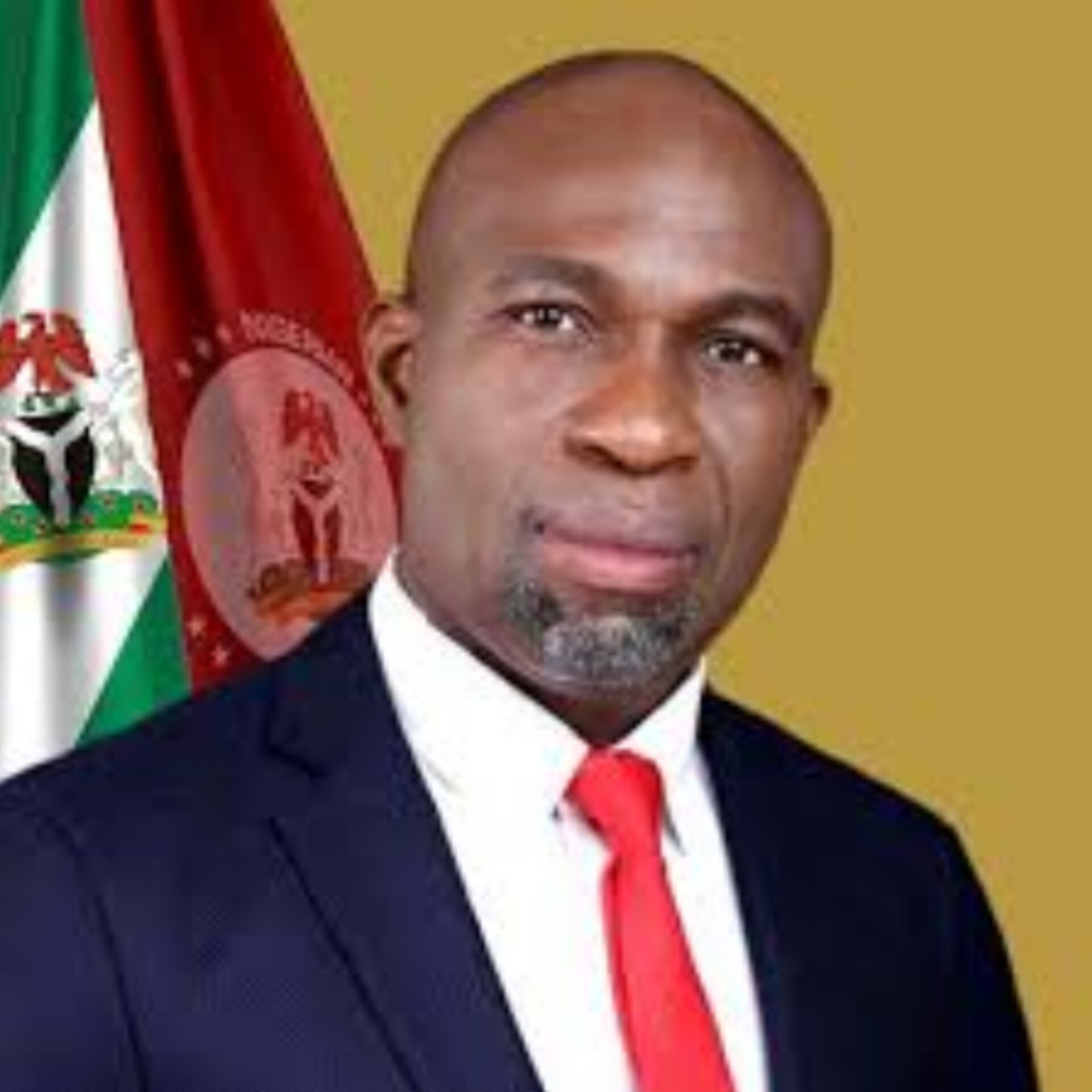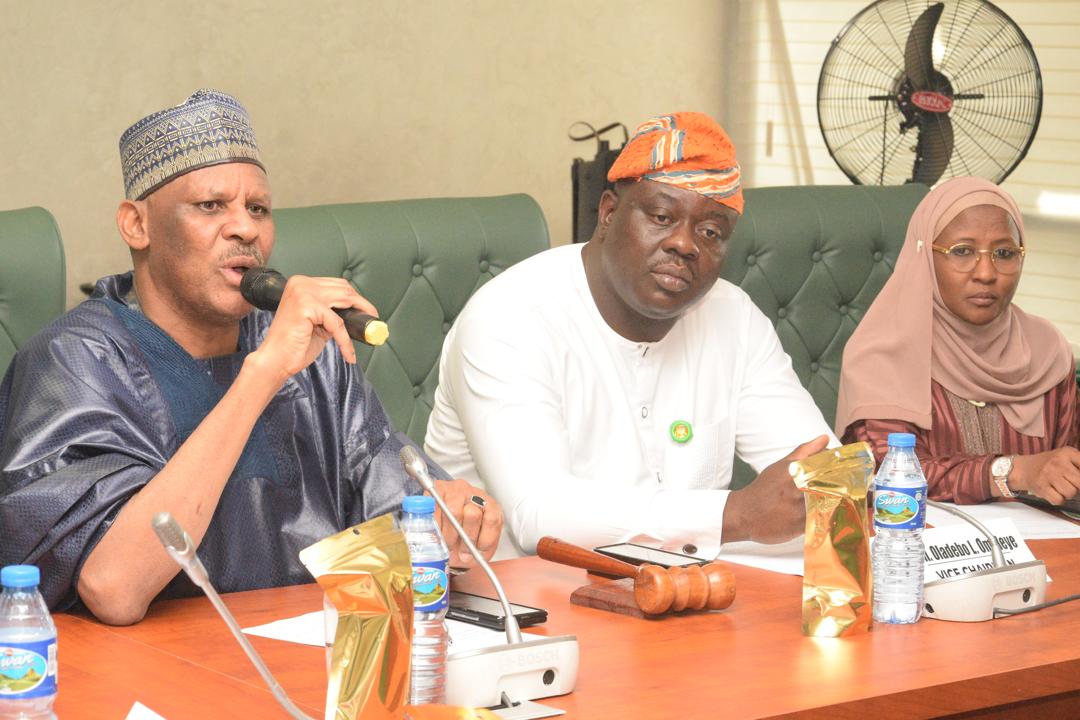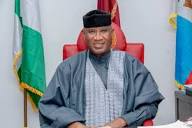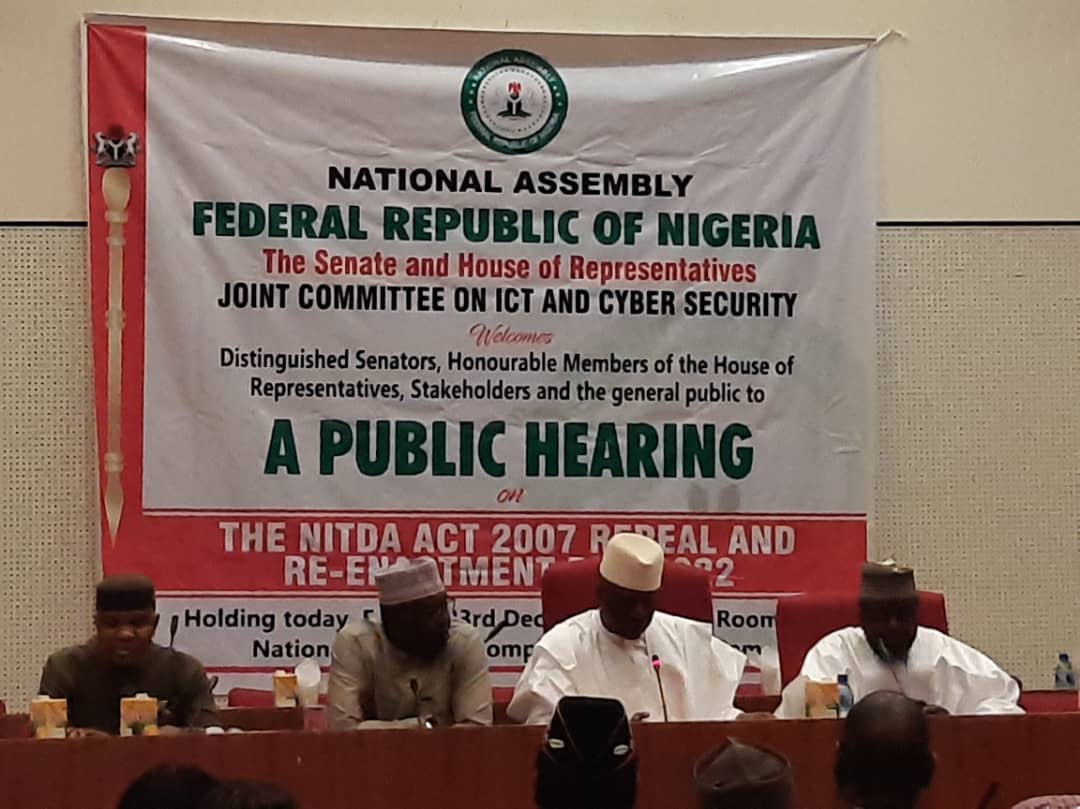The Senate on Wednesday passed for second reading a bill seeking to amend the Central Bank of Nigeria (CBN) Act 2007.
The lawmakers gave the approval to the bill for second reading following the presentation and consideration of the bill at plenary on Wednesday.
However, before the bill which was read for second reading it received contributions from lawmakers based on recent narratives surrounding the CBN activities.
The bill titled; ‘A Bill to Amend The Central Bank of Nigeria Act 2007 and Other Matters connected there with was sponsored by Sen. Dalington Nwaokocha(LP- Abia)
Nwaokocha while leading the debate said the bill was read for the first time Oct 10.
He said the bill seeks to amend Sections 6(1), (2), 8(1) (2) (3) (4) (5), 12 (1) (2) (3), 13 (1)(2) (3) (4) and paragraph 8 of the first schedule to the Act to strengthen the bank.
According to him, the amendment seeks to make provision for appointment of a chairman of the board, provide for responsibility to quicken and deepen execution of the bank’s mandate.
He said the bill seeks to address all anomalies that has hindered the advancement of the apex bank to handle the issues in the economy.
“Mr. President, Distinguished Colleagues, the thrust of this amendment is to create a people-centered central bank by delivery price and financial system stability and promoting sustainable economic development.
“As the nation grapples with economic issues, we need to reposition the CBN to grow the economy, regulate the exchange rate and unauthorized financial transactions and dollarizing the economy.
“This bill seeks to provide for among other things – Separate the head of management from the head of the governing voard in line with national and international good corporate governance practices.”
He said the bill seeks to establish a proper governance architecture for the monetary authority for optimal policy and operational effectiveness.
Nwaokocha said the amendment sought, would ensure real-time controls and effective accountability in the conduct of central banking in Nigeria.
He said the bill , when passed would reposition the CBN towards pursuit and advancement of its core mandates given the bank’s pivotal role in the economy.
“The bill would position the CBN as an apolitical entity that would become a worthy example in national and international monetary policy, banking sector regulation, currency management, and supervision.
“Mr. President, Distinguished Colleagues, Specific ways of achieving the above objectives contained in the amendments being sought is to
“Establish the position of the Chairman of the Board of the CBN with cognate qualifications and experience suitable for achieving the renewed objectives of the bank
” Establish an effective and efficient board for the CBN with enhanced independence and neutrality for comprehensive policy and operational board oversight.”
He said the bill further seeks to provide for an additional position of a Deputy Governor to achieve due balance in geo-political representation of all zones.
The Abia lawmaker said the bill when passed would guarantee internal and parliamentary oversight besides credible accountability to the Nigerian people .
According to him, it will clearly emphasise the ubiquity of financial reporting and corporate governance as key responsibilities of the board and management of the CBN.
“Mr. President, Distinguished Colleagues, this bill will ensure that the banking system is repositioned to play its primary role of financial intermediation for the benefit of investments and economic growth in Nigeria,”he said.
The bill was referred to the committee on Banking, Insurance and Other Financial Matters for further legislative input.




